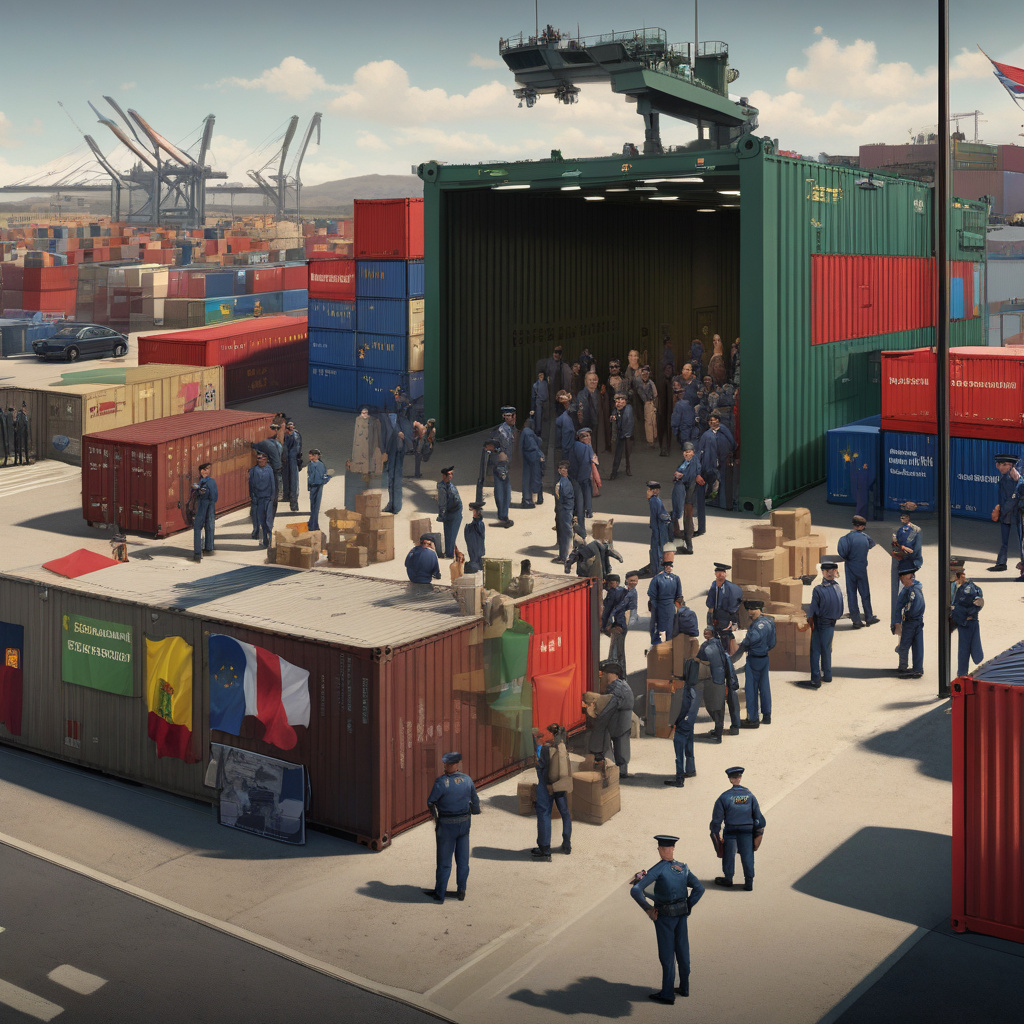US Delays 50% Tariff on EU Imports Until July
The recent decision by the United States to postpone the imposition of a 50% tariff on imports from the European Union has brought a sigh of relief to businesses on both sides of the Atlantic. Talks on US-EU trade tariffs will resume, with a new deadline set for 9 July 2025. This move marks a significant development in the ongoing trade dispute between the US and the EU, providing an opportunity for both parties to reevaluate their trade policies and work towards a mutually beneficial solution.
The decision to delay the tariffs comes at a time when global trade tensions are running high, with the US and EU locked in a bitter trade dispute over various issues, including aircraft subsidies and digital services taxes. The threat of escalating tariffs had loomed large, raising concerns about the potential impact on businesses and consumers on both sides of the Atlantic. However, the decision to extend the deadline for imposing tariffs provides a much-needed window of opportunity for both parties to negotiate a settlement and avoid further escalation.
One of the key reasons behind the decision to delay the tariffs is the recognition of the interconnected nature of the global economy. The US and the EU are major trading partners, with billions of dollars’ worth of goods and services flowing between them each year. Imposing tariffs would not only disrupt this trade flow but also have broader implications for the global economy, potentially leading to a domino effect of retaliatory measures and economic instability.
Moreover, the decision to resume talks on the trade tariffs reflects a willingness on the part of both the US and the EU to find common ground and resolve their differences through dialogue and negotiation. By engaging in constructive discussions, both parties have the opportunity to address the underlying issues that have fueled the trade dispute and explore potential solutions that are mutually acceptable.
The postponement of the tariffs also provides businesses on both sides of the Atlantic with a much-needed reprieve. Uncertainty surrounding trade policies can have a chilling effect on investment and business planning, leading to hesitancy and reluctance to engage in cross-border trade. By delaying the tariffs, businesses now have the opportunity to reassess their strategies, explore new opportunities, and make informed decisions without the immediate threat of punitive measures hanging over their heads.
Looking ahead, the resumption of talks on US-EU trade tariffs presents a unique opportunity for both parties to chart a new course in their trade relationship. By engaging in good-faith negotiations and demonstrating a commitment to resolving their differences, the US and the EU can set a positive example for the rest of the world and show that trade disputes can be resolved through diplomacy and cooperation.
In conclusion, the decision to delay the imposition of tariffs on EU imports until July is a welcome development that offers a glimmer of hope in the midst of global trade tensions. By resuming talks and extending the deadline for imposing tariffs, the US and the EU have taken a step in the right direction towards resolving their trade dispute and fostering a more stable and predictable trading environment for businesses and consumers. As the new deadline of 9 July 2025 approaches, all eyes will be on the negotiating table to see if both parties can seize this opportunity to reach a mutually beneficial agreement.
US, EU, Tariffs, Trade Dispute, Negotiation












